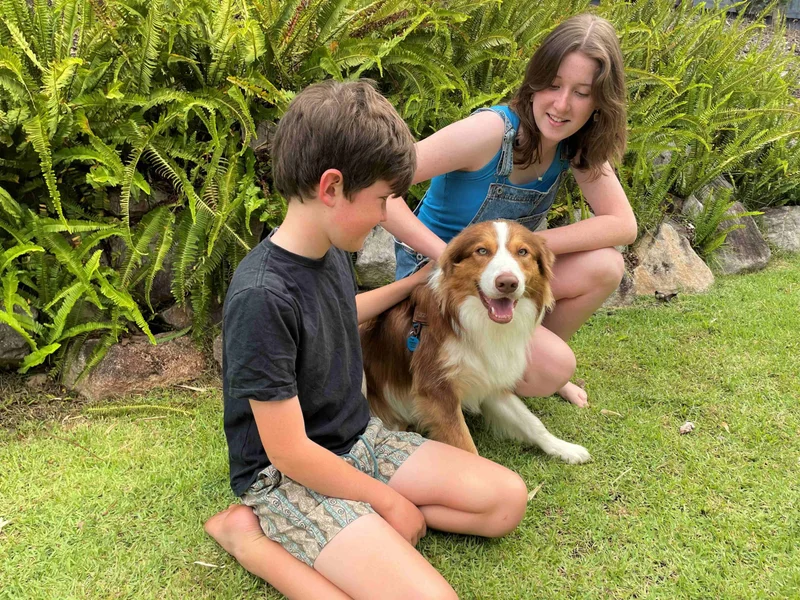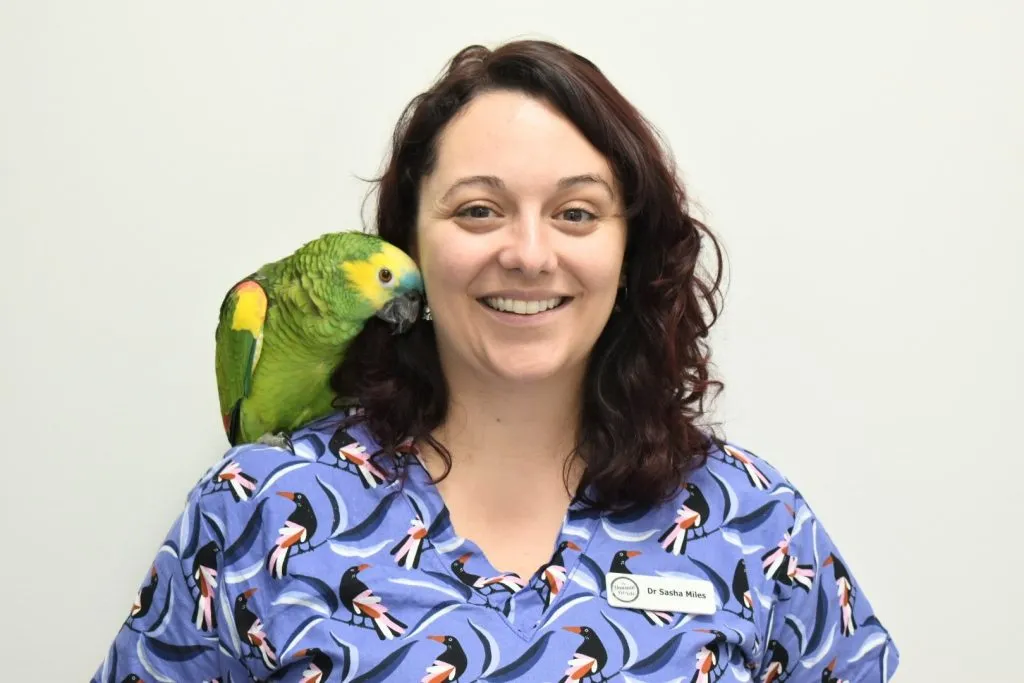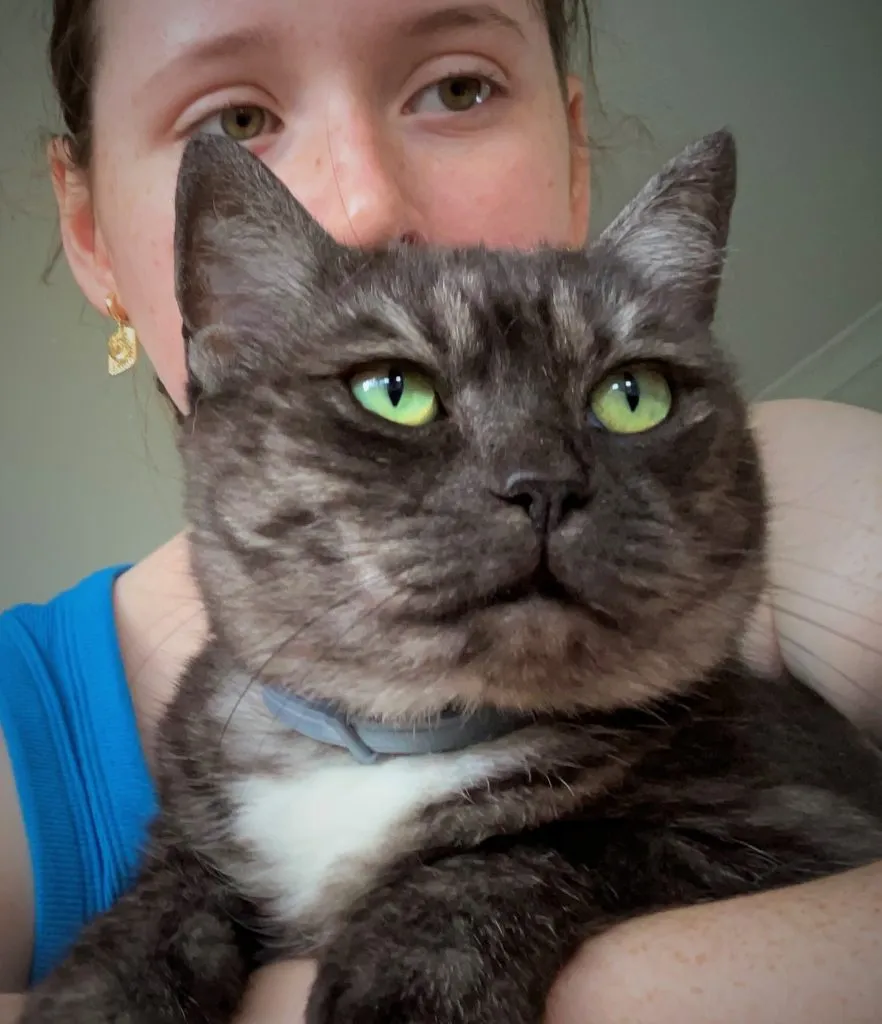Do’s and Don’ts of owning a pet

Most Sunshine Coast homes have a pet in their family – many more than one! They become an important part of the family!
One of the biggest incentives for getting a pet are the many lessons they can teach your children, like patience and responsibility.
Buderim’s Unusual Pet Vet, Dr Sasha Miles and Sunshine Coast Council’s Responsible Pet Ownership team, have some pet care ‘Do’s and Don’ts’ to help your family get the most out of adding an animal to the family.

Sunshine Coast's Unusual Pet Vet, Sasha Miles.
What to consider when becoming a pet owner
- Do you have time to devote to your pet? This includes exercising, grooming, feeding, cleaning, play time etc. Different pets have different needs.
- Consider where you live. A working dog needs lots of space versus a guinea pig who needs an enclosure to zoom around in.
- Pets can be expensive. Do you have the funds for regular vet health checks and vaccinations, registration, or in an emergency?
- If you already have a pet and are keen to get another, think through if the animals will get along. Also consider the extra cost, time and space needed.

It's important to teach children to be gentle.
Children and pets
- Feeding – Hungry pets can bite. Teach dogs to sit and wait before they can eat. Also, keep an eye on how many treats your children give your pets!
- Training – It’s important that you can control and contain your animal. Children should be involved so they know commands and understand behaviour expectations.
- Responsibility – Make sure your children understand what’s involved in getting a pet. Parents should establish a routine and ensure animals get the care they need.
- Affection – Teach children to be gentle around animals. Interactions with smaller pets should take place sitting on the ground, so they’re not accidentally be dropped.
Community Care
- Desexing – is recommended for all pets, apart from birds. It prevents reproductive related diseases, behavioural problems and unwanted litters. Ask your vet at what age is appropriate for desexing, as this varies between different species and breeds.
- Contain – cats indoors or in enclosures to prevent predation of native wildlife, or injury by cars and other cats. Dogs and other pets within your fenced garden. Many small pets should always be kept indoors.
- Control - If you can’t control your dog with commands, don’t exercise them off the lead. If your dog is strong, children shouldn’t walk them on a lead as they may get injured.
- Pick up poo – always carry a doggy bag! Dog faeces can contain hookworm and other pathogens that children should not be exposed to.
- Identification – cats and dogs must be registered with council and microchipped. If lost, they can be reunited quickly.
Find more tips and activities to teach children about responsible pet ownership on Council's website.
Don't miss these upcoming responsible pet ownership pop-ups.
Visit Council's website for more tips and tricks
https://oursc.com.au/community/responsible-pet-ownership-pop-ups
Last edited on:
First published on: